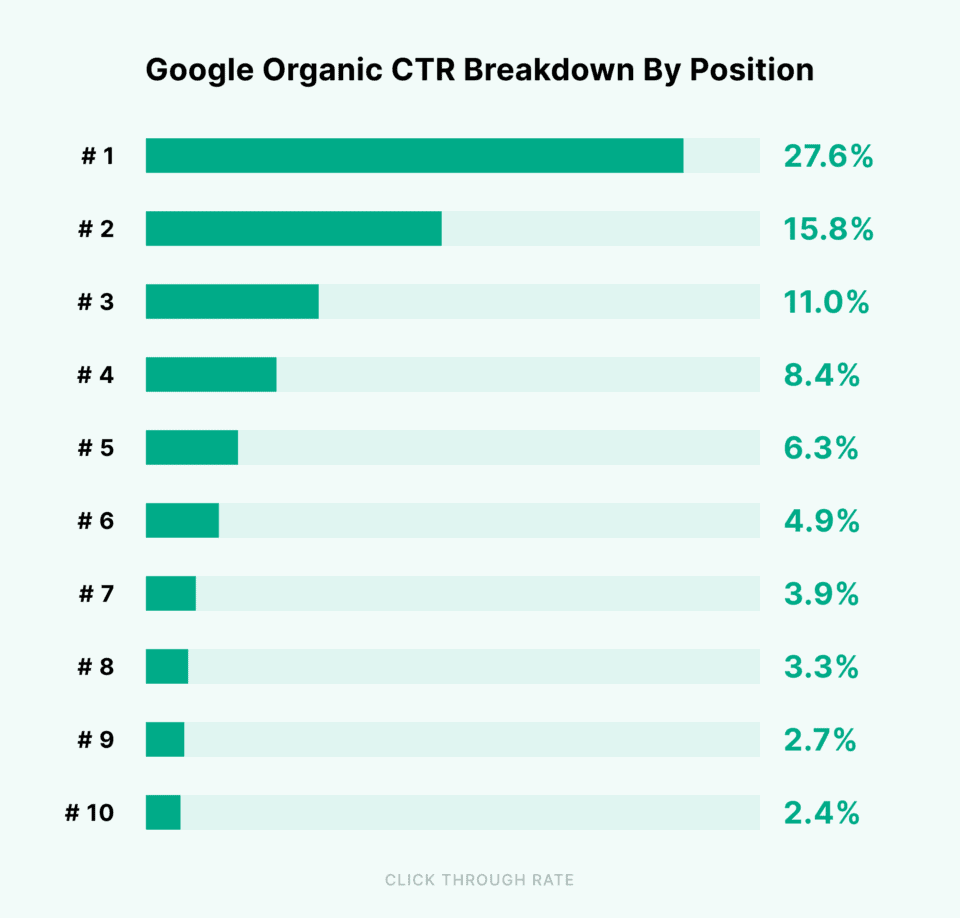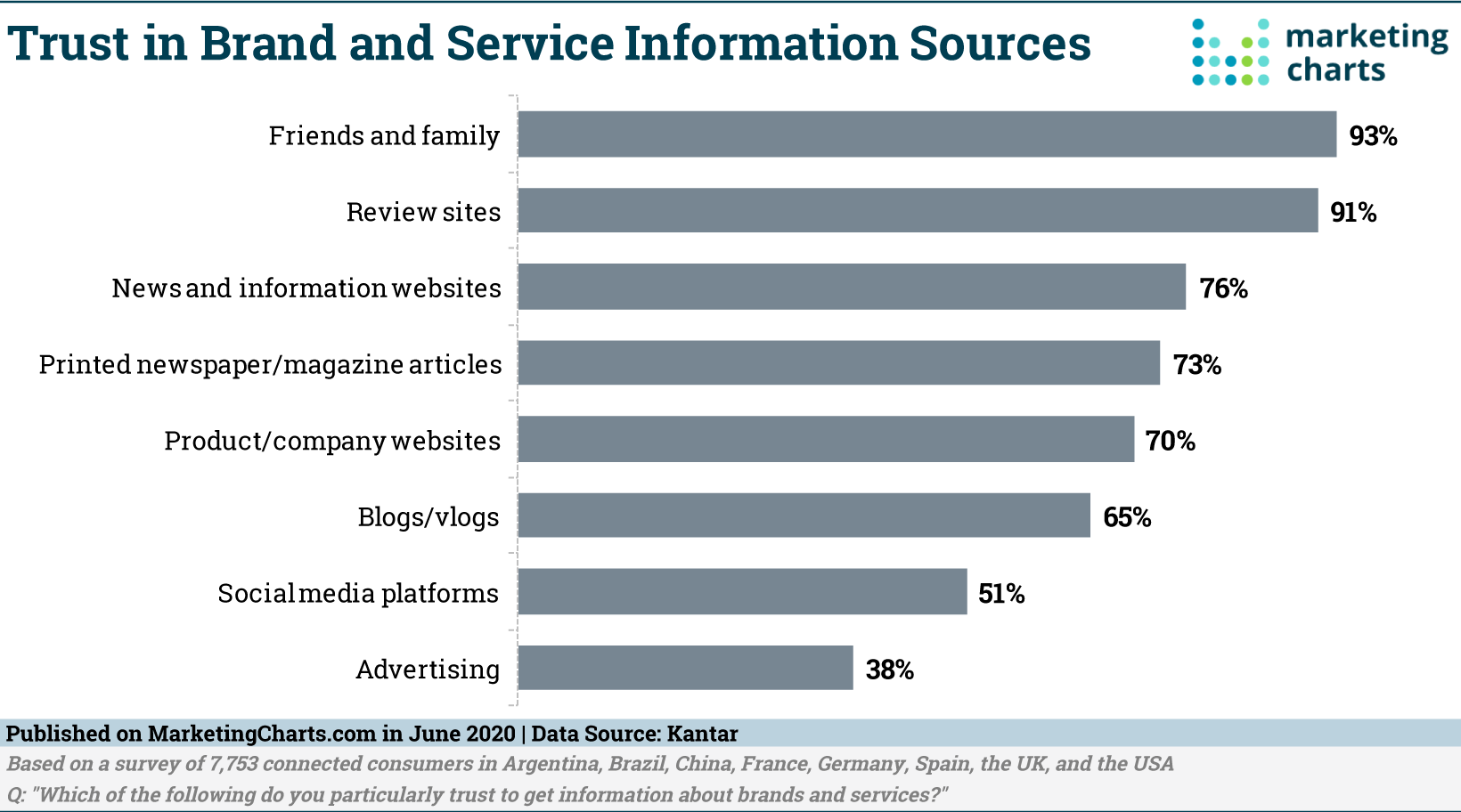
Law Firm Marketing
Discover tips on implementing marketing automation to streamline client communication, nurture leads, and boost your personal injury practice.
Law Firm MarketingMarch 10, 2023
If you’re trying to grow your family law firm but aren’t sure where to start, creating a solid marketing strategy can help.
Running a successful law firm is almost impossible without an online presence as we move into the digital age. A lot of marketing for family law will be done online through websites, social media, or content marketing. You need to have a great digital presence to ensure your potential clients see you.
Not sure where to start? We’ve created a list of marketing ideas for family law firms that can help you build brand awareness, establish trust, and get the attention of your target audience.
Family law, also known as domestic relations, is a legal practice involving issues surrounding the family unit. It encompasses many areas, including marriage, divorce, child custody, adoption, and emancipation.
As well as representing clients in family court proceedings, family law attorneys handle dispute resolution outside of court, draft and review legal documents, evaluate evidence relating to the case, and liaise with other professionals, such as social workers, psychologists, and the police force.
At their core, family law firms are there to help clients resolve sensitive and often challenging domestic situations.
Family law firms specializing in adoption deal with everything from applications and assessments to court representations. They offer support for prospective adoptive parents throughout the entire process.
Family law attorneys offer legal advice to clients considering annulment. They help clients gather the evidence they need to meet the stringent conditions required for annulment and represent clients in court proceedings should either party contest an annulment.
Child support attorneys help clients navigate the issue of child support payments in alignment with state law. Duties involve handling negotiations, supplying court representation, and modifying or enforcing child support agreements.
Divorce lawyers are often tasked with helping clients choose the right divorce option based on their circumstances. This could be an uncontested divorce, contested divorce, or collaborative divorce. They may also recommend mediation. From there, attorneys help clients navigate everything from the division of property to post-divorce modifications.
A parenting plan is a collaborative agreement establishing parents' visitation rights and responsibilities in divorce. Family law attorneys can help parents create a parenting plan that dictates how much time they spend with their children. It is closely related to, but not the same as, a child custody agreement that determines primary custodial responsibilities.
A prenuptial agreement is a legally binding contract that dictates the financial terms of a relationship and how assets will be divided in the event of a divorce. A postnuptial agreement does the same, except it is created during the marriage. Family law attorneys help couples create this contract in alignment with the interests of both parties.
Digital marketing for family law firms can do more than increase brand awareness. Family law advertising is unique in that you’re targeting clients who are often distressed and struggling to navigate difficult situations. These clients often turn to search engines and other online platforms for answers.
For this reason, law firms need to be easily accessible online and available to offer the support and guidance clients need. But of course, it’s not enough to just be available - law firms also need to establish an online presence that’s professional and credible.
A strong family law marketing strategy can help you achieve this, establishing trust with prospective clients and nurturing leads by delivering valuable information. It helps you generate more organic traffic, attract high-quality leads, and achieve sustainable business growth.
Wondering how to get started on different channels? Here are some family law marketing ideas to help you meet your goals.
Social media marketing for family law firms can be a powerful tool for nurturing client relationships. Creating engaging content and sharing your expertise can establish credibility, build trust, and foster a loyal, engaged community.
Start by identifying where your target audience exists online and focus on building a presence on that platform. The target market for law firms can be different depending on the cases you cover. For example:
Facebook: If you’re looking for clients within your geographical location, consider using Facebook, where you can create more localized content. You can foster an engaged community culture around your firm by sharing useful resources and keeping clients up-to-date with the latest legal information or local events.
Linkedin: If you’re seeking high-net-worth cases, Linkedin is the ideal place to establish the trust you need to attract professional clientele and referral sources. Showcase your credentials, create/share thought leadership articles, and join networking groups to build rapport with other legal professionals.
Other platforms, like Instagram and Pinterest, are good mediums for sharing visual content, like infographics. And if educational videos or live Q&As are your thing, consider platforms like YouTube or TikTok.
To build your social media presence, post new content regularly and engage with comments.
Content marketing can include many things, from blog posts to short videos. We’ll break this down into two forms - long-form and short-form.
For your potential and existing clients, a blog can be valuable for answering their legal questions. And for you, a blog can help position you as a leader in your niche, establishing credibility and building trust. It can also drive more people to your website through effective search engine optimization (SEO).
So, create in-depth blog posts on family law topics- explaining a complex subject, answering a frequently asked question, or delivering the latest information.
Some marketing ideas for a law firm include:
“A guide to family mediation”
“Who gets the engagement and wedding rings in a divorce?”
“Everything you need to know about the new child custody law”
The most important thing is to ensure the blog posts are informative, engaging, and relevant to your audience’s interests. Also, don’t forget to use the relevant keywords to ensure that users can find your content on search engines.
Short-form content is any type of content that is concise and snappy. Its goal is to deliver value to your audience in an easily-digestible format.
Written short-form content is generally less than 1200 words (although many marketers put this number around 750 words). Short-form video content usually is less than 60 seconds, though many agree it can include videos up to three minutes long. Incorporating a video converter tool enables you to optimize your short-form videos and maintain their quality regardless of the format or file size. By utilizing such a tool, you can ensure that your content reaches your audience seamlessly and efficiently.
Short-form content is one of the most creative marketing ideas for law firms, as there are various types. Some examples of short-form content that can you might create include:
Infographics
Press releases
Social media posts
Short educational or marketing videos (such as “how-to” YouTube shorts)
Landing pages
Listicles
Because short-form content is so easy for your audience to consume, it’s built for speedy conversions. Potential clients are likelier to stick around until the end and, therefore, more likely to view (and engage with) your call-to-action (CTA).
Email marketing is one of your best tools for building brand awareness and nurturing leads into converting clients. It involves sending potential clients valuable information via email. You can send anything from a one-off email to an automated drip campaign.
Examples of emails a family law firm might send potential clients include:
Email newsletters detailing upcoming events, the latest legal news, your newest blog posts, etc.
Promotional emails that advertise a new service or an existing service that your prospect may be interested in.
Transactional emails that acknowledge when a client has completed a transaction (for prospects, transactional emails might include a welcome email after signing up to your email list or a thank you email after they attend your webinar or book a consultation).
It’s worth segmenting your audience too. That way, you can send emails that deliver valuable information relating to a client’s specific pain point or interest (for instance, individuals looking to adopt would receive different content to those in the middle of a divorce).
There are a few methods that you can use to build your email list. Creating a lead magnet (such as a free guide or e-book in exchange for a prospect’s email address) works well in family law marketing as it incentivizes conversion.
Other methods include creating a pop-up on your website or crafting landing pages with a strong CTA.
Your website design and content play a critical role in whether potential clients can find your website on search engines - and, subsequently, decide to stay on it.
Let’s start with law firm SEO. Using relevant keywords across your website will help you increase your rankings on search engine results pages (SERPs). This is crucial because you want your website to be as high up on SERPs as possible.
In fact, the first webpage on Google’s SERP is 10x more likely to get clicked on than the tenth result.

Using the relevant keywords in your content marketing strategy can beat out your competitors for higher rankings, attracting more traffic and potential clients.
Of course, it’s not just keywords that get this ranking. Your website design also matters. An outdated website that is difficult to navigate and poorly optimized for mobile will receive higher bounce rates than a modern, user-friendly one. If Google gets wind of your high bounce rates, it will assume your website is low-quality and push you further down its SERP.
So, design a professional website with intuitive navigation across desktop and mobile devices.
When people are looking for a lawyer to represent them, they want to be sure it’s someone legitimate. Therefore, they might look for law firm directories rather than for particular businesses. Ensuring you’re listed in all appropriate directories (based on location and type of practice) is a great way to get seen.
Of course, that’s not the only business listing you want to factor in - Google’s business profiles are often the first thing people will see about you. A ‘Google My Business’ profile is a free business listing that gives you better local search visibility among customers searching for services via Google Maps and Search.
Along with a few photos, your Google My Business profile should include details like your firm’s contact information, business hours, website URL, office location, and practice areas.
In time, you should gain reviews from clients, too. Google allows star-rating reviews as well as detailed feedback. You can build a more trustworthy online presence by encouraging your current clients to leave reviews on your Google My Business profile.
On the note of reviews, it’s worth remembering that customer reviews are a client’s most trusted information source following friend and family recommendations. Unsurprisingly, company advertising is the least trusted source at only 38%.

When you’re marketing a family law firm, establishing trust is key. Testimonials help to assure prospects that your law firm is credible, authentic, and, most importantly, that you deliver results.
Ask your existing clients for testimonials that showcase how you helped them and place them in a dedicated section on your website. Utilizing case management software like Neos can help you easily track satisfied clients and determine the best approach for this.
When you think about paid advertising, you probably think about newspaper advertisements or billboards. However, digital marketing can also involve paid ads. While this option is a great way to get immediate results, it should always be done alongside the other methods to achieve the best effect.
PPC ads let you create highly targeted advertising campaigns. You can directly bid on relevant family law keywords to ensure that your firm appears at the top of Google’s SERP when a user searches using those keywords. You then pay for every click that the ad receives.
While family law has the advantage of being more affordable and less competitive than practice areas like banking or real estate, your cost per acquisition can climb if you don’t target the right keywords. So, take the time to identify keywords that generate conversions and be specific regarding the type of case you create ads for.
Designed to help customers find local businesses, Google Local Service Ads appear on Google’s SERP when a user makes a relevant local search.
So, for example, if a user typed “family law attorney services near me” into Google, Google’s SERP would bring up all of the family law attorney services in the relevant geographical area.
Local Service Ads work differently from PPC ads. Instead of paying per click, you pay per lead. So, you only have to pay if a user converts via your ad.
Generally, law firm digital marketing is critical for growing your business. But it’s particularly important to build a supportive, empathetic relationship with clients when it comes to family law marketing. So, focus on establishing a trustworthy online presence and create informative, engaging content that resonates with your target audience.
SHARE
